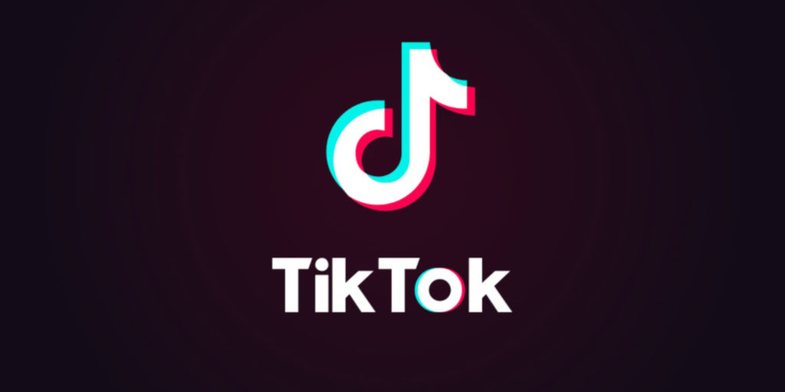
If you have no idea what TikTok is, you're pretty behind.
The app where the videos are posted quickly spread and invaded every corner of the internet. As the company behind TikTok continues to expand and the creators who use it dedicate more and more time, TikTok is becoming as popular as YouTube or Teitch. Usually, fame is accompanied by questions, so let's answer it.
What is TikTok?
TikTok users use the app to create short videos, usually with background music. Most video on the platform is performed by simple people dancing and singing in front of the camera with popular songs in the background. Other videos focus on short comics, like Vine.
TikTok has become one of the largest short video applications in the world, but it has not always been the case. When it was first released in 2016, it was an unknown Chinese app, called Douyin. It was rebranded for US users even though it is technically the same app. Douyin uses servers other than TikTok to obey Chinese censorship. The app gained momentum in 2017 when it was launched in America, but most users signed up after merging with Muscial.ly.
In August 2018, TikTok absorbed the Musical.ly app. There was the much-awaited explosion here that has been enjoying for over a year. In February 2019, the app - along with the Chinese version - reached more than a billion downloads. About 80 million users live in the US, a figure that has only reached two years.
TikTok's headquarters are located in Los Angeles, but the company is also headquartered in New York, London, Paris, Berlin, Dubai, Mumbai, Singapore, Jakarta, Seoul and Tokyo. The company's mission is to "inspire creativity and create joy."
Who created TikTok?
Beijing-based technology company ByteDance created Douyin in 2016. The company, which was founded in 2012, recently received the award as the most valuable startup, valued at $ 75 billion. The company also owns other applications, such as Jinri, Toutiao and TopBuzz, which are popular in China.
Who owns TikTok?
The company that owns TikTok, ByteDance, is owned by Zhang Yiming. The 36-year-old entrepreneur fears public life and therefore little is known about him. He graduated from Nankai University in 2005 with a degree in software engineering and engaged in several entrepreneurial initiatives before ByteDance. According to its official website, Zhang ?participated or founded? Kuxun, a travel and transportation search engine, and Jiujiufang, a real estate search portal.
In 2015, in a speech delivered at his university, Zhang compared himself to Facebook CEOs Mark Zuckerberg and Travis Kalanick, the man behind Uber.
Zhang found that he spent most of his academic years building and developing websites that were followed by his highly successful company. Zhang reads a lot, mostly biographies.
How does TikTok make a profit?
In October 2018, Bloomberg reported that ByteDance had not yet acquired any locks. The company will be very lucrative in the future, given that it was rated as the most successful startup.
Users can purchase in-app coins to donate to their favorite creators. 100 coins, the smallest amount you can buy, costs 0.99 cents. The largest amount you can buy is 10,000 coins and cost about $ 100. Gift-giving creatives usually give back a mention that adds followers to the donor. One news firm reported that TikTok users spent $ 3.5 million in-app only during October 2018. We don't know for sure how much commission the company holds in these financial exchanges, but assuming it works like Musical.ly, it earns a lot. Musical.ly held 20% of every gift.
There are also rumors that advertising agencies are considering TikTok. According to Money, an ad in Douyin costs $ 150,000 in 24 hours. Douyin homepage ads cost $ 4 per click.
For whom is TikTok?
TikTok is mainly used by the 16-24 age group, according to marketing agency Mediakix. Young users are drastically older than other age groups.
Indeed, TikTok is for anyone. Every age enjoys the app, even though most users are young. The app is also popular elsewhere in the world, in India, Turkey and Russia.
Adapted from The Daily Dot





